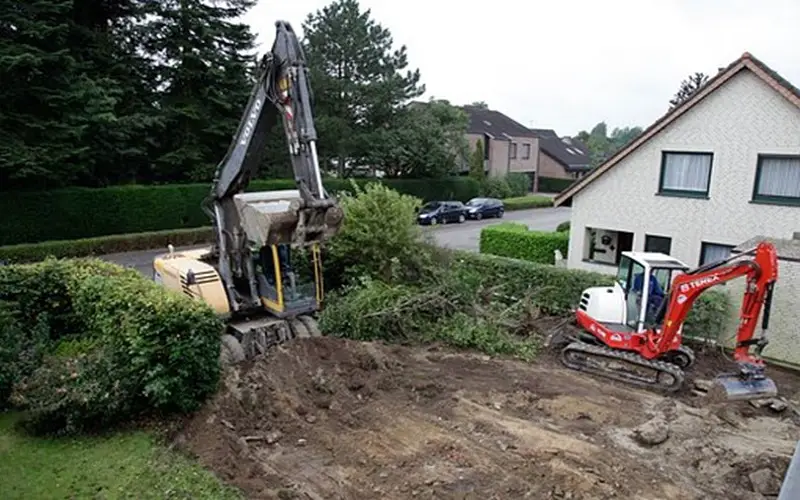Civil engineering is one of the oldest and most important forms of engineering. It deals with designing, constructing, and maintaining public works such as bridges, roads, canals, dams, and buildings. Civil engineers are responsible for ensuring that these structures are safe and effective.
Today civil engineering is a huge and complex field covering a wide range of activities. Some civil engineers specialize in designing large structures such as bridges or skyscrapers, while others focus on smaller projects such as repairing a road or installing a water main. Due to technological advances and changes in industry demands, new software is constantly being developed to help civil engineers design, build, and manage their projects more effectively. Here are some key things you should know about this important software:
1. Helps Engineers Model Their Designs More Accurately
One of the most important benefits of civil engineering software is that it helps engineers model their designs more accurately. Any small mistake in the design process can result in a much larger and more expensive mistake later in the construction phase. For example, if an engineer mistakenly miscalculates the weight of a bridge, this could lead to the bridge collapsing under its weight during construction. Using structural engineering software can help prevent this by accurately modeling different scenarios and calculating the loads that each component can safely handle. This saves time and money and ensures that projects are completed safely and efficiently.
2. Enables Collaboration Across Distances
Civil engineering is a complex field that covers a wide range of activities. It is often necessary for civil engineers from different parts of the world to work together for large projects such as bridges or skyscrapers to be designed and built effectively.

Thanks to advances in technology, this is now possible. Engineers can share designs and ideas online in real-time, which helps reduce errors and speeds up the design process. In some cases, entire teams of engineers can collaborate on a project from different locations using video conferencing software or online collaboration tools.
3. Offers Time-Saving Tools and Features
Civil engineering software offers various time-saving tools and features that help engineers quickly design, build, and manage their projects. These include advanced 3D modeling tools, automated documentation tools, project management tools, and more.
Many modern civil engineering software tools also offer cloud-based features that allow engineers to access their projects from any device, anytime and anywhere. This can be especially useful if they need to check on a project while away from the office or if multiple team members need to collaborate on the same project simultaneously.
4. Provides Detailed Project Reports
One of the most important benefits of civil engineering software is that it helps engineers model their designs more accurately. Any small mistake in the design process can result in a much larger and more expensive mistake later in the construction phase.
For example, if an engineer mistakenly miscalculates the weight of a bridge, this could lead to the bridge collapsing under its weight during construction. Civil engineering software helps to correct these mistakes by providing a virtual project model that can be tested and modified before any physical structure occurs. This saves time and money and ensures that projects are completed safely and efficiently.
5. Offers Advanced Training and Support Services
Another key benefit of civil engineering software is that it provides advanced training and support services for its users. Many modern tools offer free online tutorials, video demonstrations, and other resources to help engineers quickly get up to speed on their new software.
In addition, many of these tools also offer direct support from technical experts who can answer any questions or help with any issues that may arise. This level of support makes it much easier for engineers to learn and use the software effectively, which in turn helps them complete their projects more quickly and efficiently.
6. Can Be Used Across Multiple Industries
While civil engineering software is primarily used in the construction industry, it can also benefit other sectors. For example, many manufacturing companies use this software to design and build new products more efficiently. Many hospitals and healthcare organizations also use these tools to manage their various building projects.
This flexibility makes civil engineering software a valuable tool for businesses of all sizes and industries. Whether you are a small startup or a multinational corporation, this type of software can help streamline your design processes and improve your bottom line. Overall, the benefits of using civil engineering software make it an essential tool for anyone working in the construction or manufacturing industries.
Civil engineering software offers many benefits that help engineers be more productive and efficient. Whether designing the next skyscraper or managing a complex construction project, this software provides the tools and features they need to get the job done right. So if you are a civil engineer, be sure to explore the many benefits this software offers.




